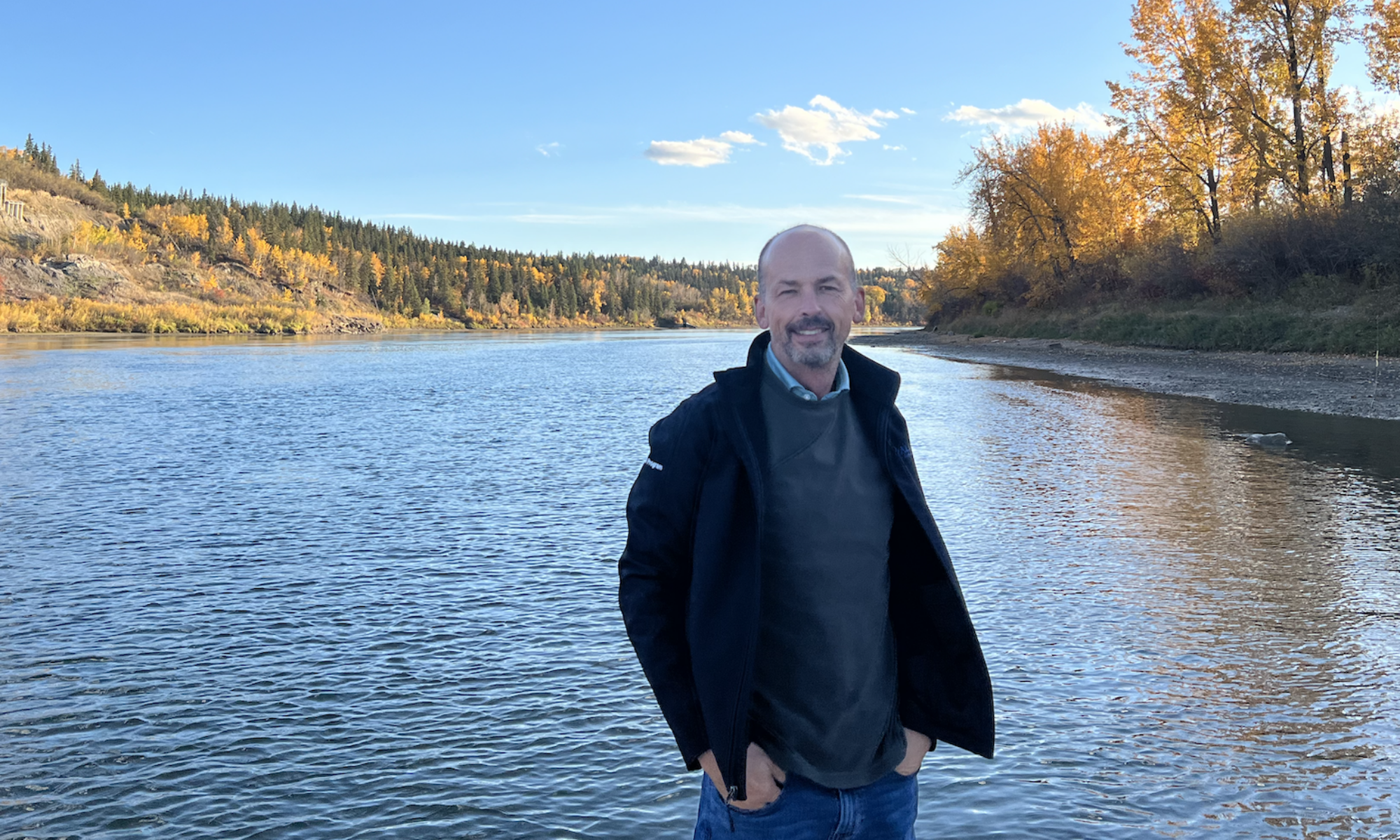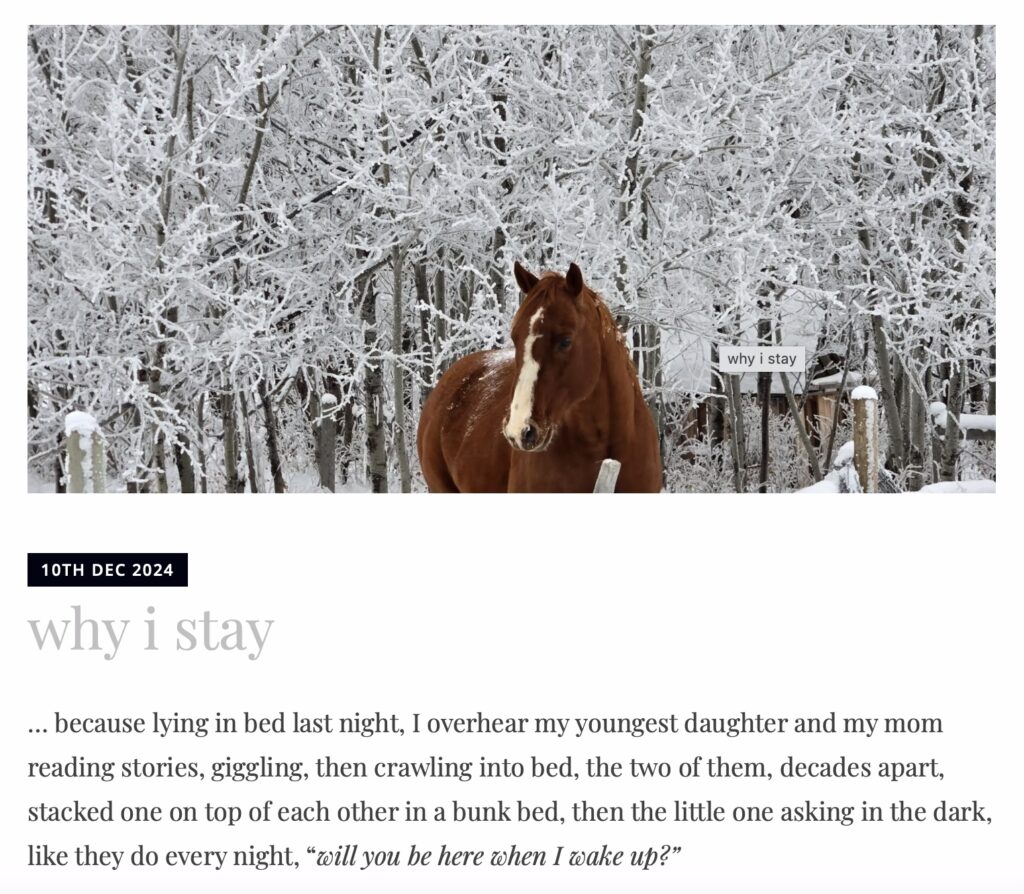Yesterday’s post was on Why I Blog. I named three reasons that are pretty centering guides for me. In blogging. Also in the broadest strokes of attempting conscious life. Today is a double-click to go a bit further with the first reason — paying attention.
Much of my life, personally and professionally, has been a search toward understanding. I’m 62 now. I’ve both lived some of life’s ups and downs, and I’ve got a good chunk in front of me. I’ve been involved in many bodies of work, simple and complex, and have a good chunk of that in front of me too.
Sometimes, the joy of the search is in what I find. An aha. A way of thinking. A nuanced model or exercise for working with a group. A friend. A poem.
Sometimes, the joy of the search is in the search itself. It is life-giving to live curiously together. With wonder about how the world works. About how the parts exist in relationship together. About how to not think of parts, but instead, to think of wholes dancing and changing as they do.
To pay attention is the most basic and lasting of invitations. As a system-thinking person, I’m predisposed to seeing things connected. Meg Wheatley has been a key teacher for me in this — in the early 1990s when I met her she had just written Leadership and the New Science. Meg suggested a different story about connection and attention that was much different than the dominant stories of well-oiled machines.
1) Organizations are living systems.
2) Living systems organize themselves.
3) How might we change and enliven human endeavor to cohere
with what we know about living systems organizing themselves?
Much of my life, personally and professionally, I’ve sought the most poignant of stories. That live underneath the most common of stories. I’ve sought and needed something…more. I’ve been drawn to people that explore such. That want to explore together.
I don’t do well with imposed narrow story. The ones that are convenient for their frequency of use. I don’t want the superficial and performed. I think most people crave something more enduring. Most people want the stories that invite nuanced intelligence together. And wisdom. And genuineness. And bravery. Stories that expect and cultivate aliveness together — the feeling of flowing with life. Stories that grow comraderie together. And love.
I’ve been referencing the poet Mary Oliver at all of my hosted events over the last six months. She speaks of attention so beautifully in her poem, Instructions for Living a Life.
Pay attention.
Be astonished.
Tell about it.
Marvelous. Personally and professionally.
I also often use the Zen phrase (often I think of it as Zen Stew).
Everything is connected.
Everything changes.
Pay attention.
Marvelous again. In what is personal. Relationships. Family. Community. Reactions to events. Difficult news. And marvelous in what is professional — groups trying to improve how they go well together with things that they care about and with things that add meaning and purpose.
Thx for your attentive eyes, mind, heart. It’s so often the most compelling of reasons and invitations.





